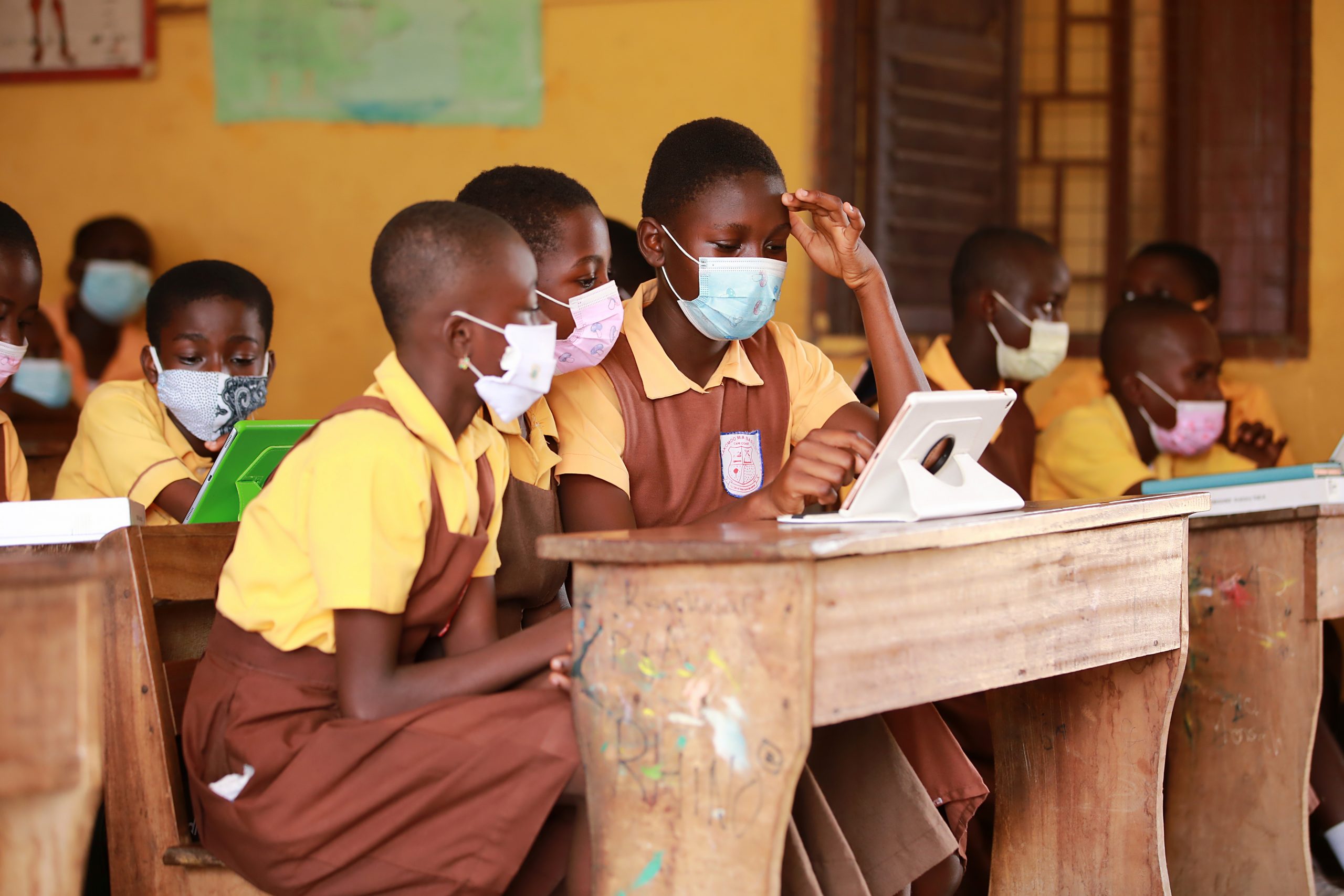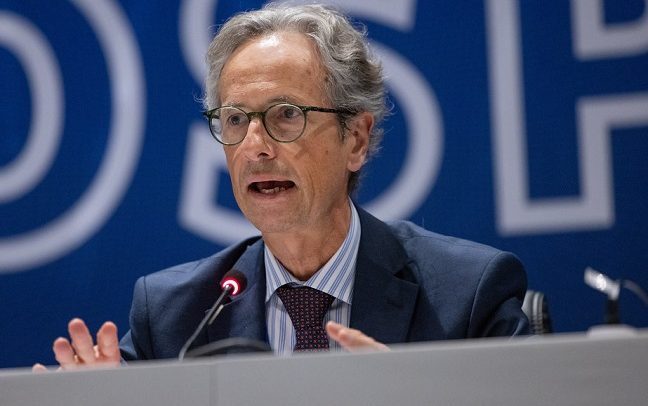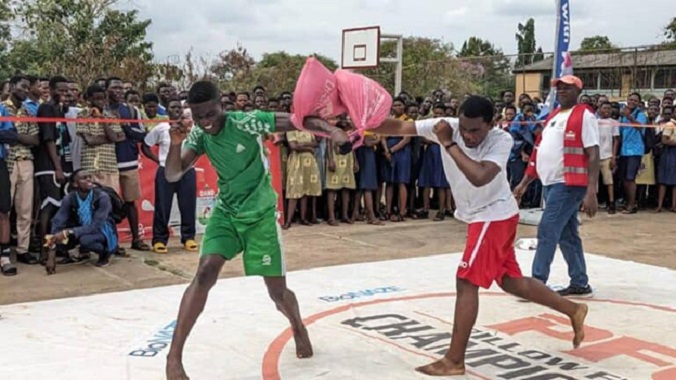
In the recent release of the Global Youth Development Index by the Commonwealth Secretariat, Ghana's education system has been placed 125th out of 183 countries.
The report serves as a valuable tool for tracking progress in youth development, empowering young people to build competencies and contribute to stable and prosperous societies.
The Commonwealth Secretariat highlights Ghana's unique position in the rankings, with an overall score of 105. Alongside countries like Tonga, The Gambia, Fiji, and Brunei Darussalam, Ghana has made significant progress since the 2020 report.
However, it's crucial to understand that rankings are relative to the performance of other countries, as emphasized by the Index. While some countries may improve their overall score and performance, their relative ranking on the index may not increase.
For instance, Nigeria and Papua New Guinea have enhanced their scores since 2010 but remain among the lowest-ranked countries.
In the context of education, Ghana ranks 125th, trailing behind countries like El Salvador. The Secretary-General of the Commonwealth, Patricia Scotland, stressed the importance of viewing the development index as an opportunity for collaboration rather than competition. she said in an interview on Joy TV
She emphasized the need for collective action to address the challenges outlined in the Sustainable Development Goals.
As Africa prepares for the Commonwealth Education Ministers' Summit in May, the theme of education has taken center stage. The African Union has declared 2024 as the Year of Education, aligning with the Commonwealth's efforts to advance education, particularly in the face of technological advancements such as Artificial Intelligence.
The report underscores the global and regional progress in education, with more than two-thirds of countries worldwide showing improvement in the education domain. Sub-Saharan Africa recorded the second-largest improvement, with three-fourths of its countries experiencing positive changes.
As Ghana and other nations strive to enhance education quality and youth development, collaboration and collective action will be essential by sharing best practices and addressing common challenges, countries can work together to create a brighter future for their young populations.
Read Full Story



















Facebook
Twitter
Pinterest
Instagram
Google+
YouTube
LinkedIn
RSS